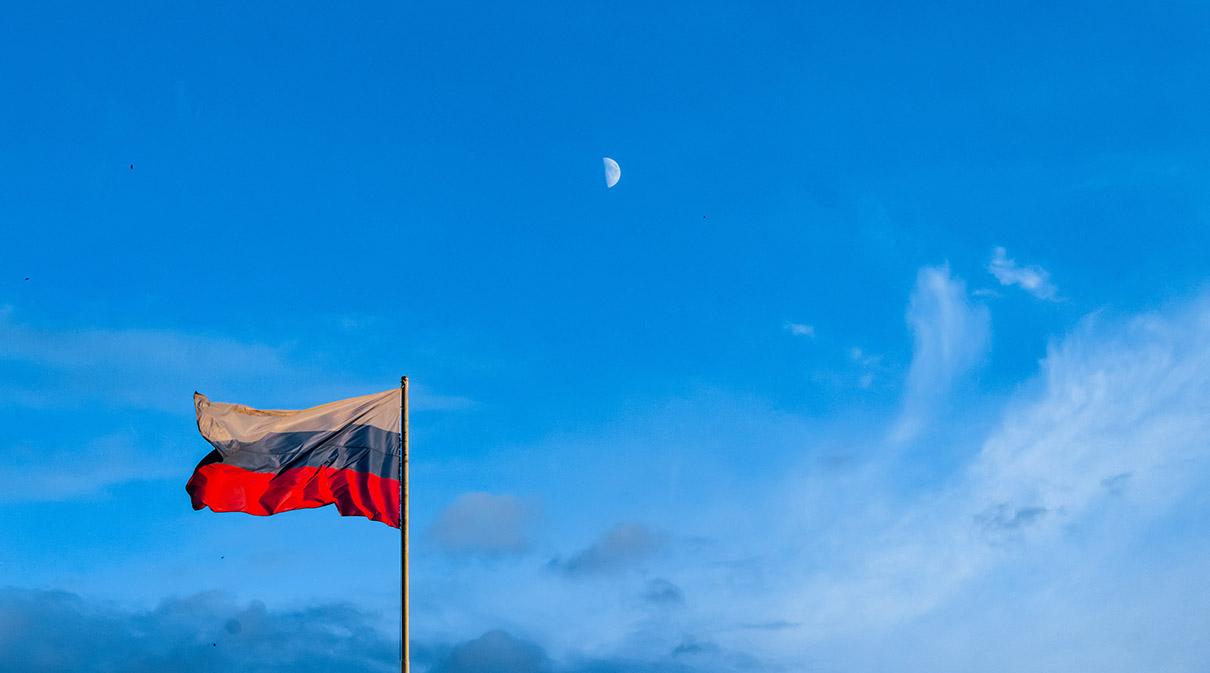Is Russia's possible default economic or political?
22 Marzo - 2022
Xavier Fornt, International Banking professor
According to the theory of the four D there is a road, or a stairway to hell, that countries go through before reaching the final situation of default.
Analysing historical precedents, this path is the one initiated by countries that continuously present a high public deficit, and there we would have the first of the four D.
How do these countries usually cover these persistent public deficits? Well, using the second D, the public debt. They issue more and more debt, with which they cover their structural deficits.
Deficit, debt, downgrade and default are the four steps to hell for a country
These debt issues, which do not entail any growth, put rating companies on alert, which first leave the rating of these countries under observation for a while , and when the situation is not corrected, they end up originating the third D. That of the downgrade, that is, they lower their ratings, with which a distrust of the markets is originated and of investors to those countries.
And this general mistrust makes them unable to go to international markets any more, so they inevitably reach the fourth and dreaded D. That of the default.
So, that stairway to hell, consists of four steps. The deficit, the debt, the downgrade and the default.
The way of Russia
In order to determine if the Russian default would be economic or political (or maybe both at the same time), let's review the Russian economic data.
On the first rung, that of the public deficit. At the time of writing this article, Russia's public deficit is at 4%, which does not seem to be alarming.
The second rung, that of the public debt, we have at 19% of GDP, which should not arouse too much resentment either.
The Russian deficit is 4%, the debt is 19% and they have a Triple B
The third rung, that of qualifications and ratings, was around Triple B, which without being wonderful, indicates an acceptable quality of credit.
The blockade
Perhaps we should analyze whether the default would be caused by the international embargo. It could very well be that we were faced with a simple transfer risk, that is, with a momentary lack of liquidity in its foreign exchange reserves to face payments. But is that so?
Let's take a look at Russia's gold and foreign exchange reserves, which at the time of writing were estimated at around $630 billion, although international embargoes seem to have tied up almost half of them.< /p>
In other words, there would be some 315,000 million freely available, which, according to data from the Russian central bank, would be mostly in the People's Republic of China.
If we look at the data on the Russian public debt, I repeat again, at the time of writing this article, it was estimated at about 250,000 million dollars.
In other words, it seems that with the freely available reserves, they would have enough to cover their debt.
The case of Argentina
It may not be comparable, but if we take this same data from another country in serious difficulties, such as Argentina, we would have that its public deficit is 8.6% (twice that of Russia), its public debt of 102% of GDP (infinitely greater than Russia's) and its reserves are estimated at 37,000 million dollars, much less than Russia's.
Russia does not have the support of the International Monetary Fund and the World Bank, unlike Argentina, which with a worse rating does not go into default
If we look at the Argentine rating, we will find it placed in a Triple C, that is, several steps below the triple B of Russia (now downgraded to a triple C after the doubts of these days). But with a very big difference, and that is that while Argentina has the backing and support of the International Monetary Fund and the World Bank, which come quickly to its rescue, Russia does not currently have this support or trust.
Economic or political default?
Constantly, throughout the article, we have written that we are working on data taken at the time of writing, because since things change so quickly, it is very possible that the economic situation in Russia will worsen and degrade by the moment.
But based on these data and applying traditional analysis criteria, it seems to us that our doubt is reasonable. And it may be that if at first the default could be considered more political than economic, with the effect of the sanctions and the deterioration of the situation, it will end up being a real economic default in full rule.
